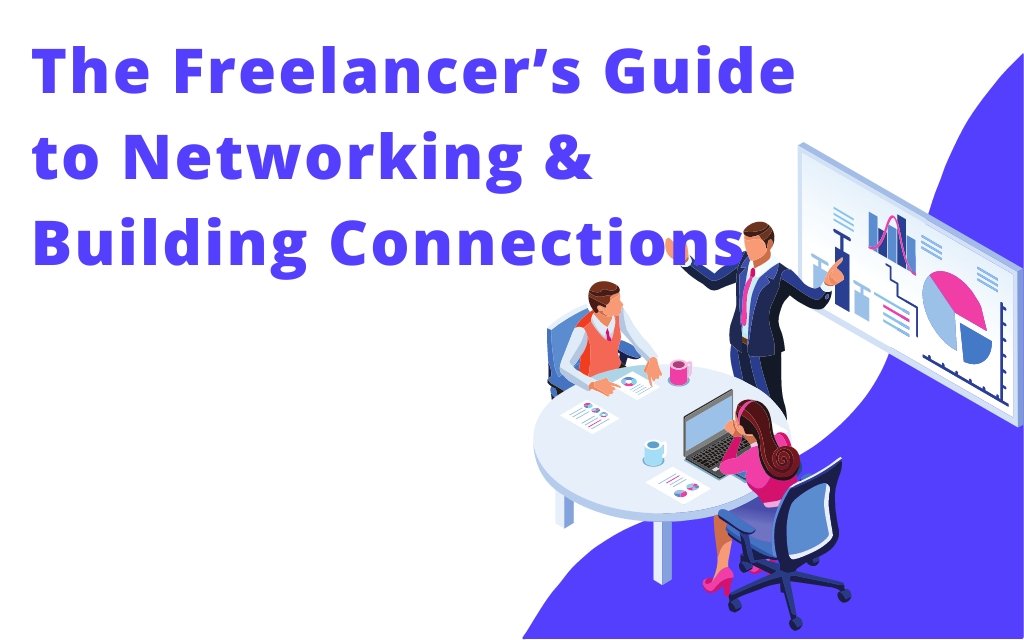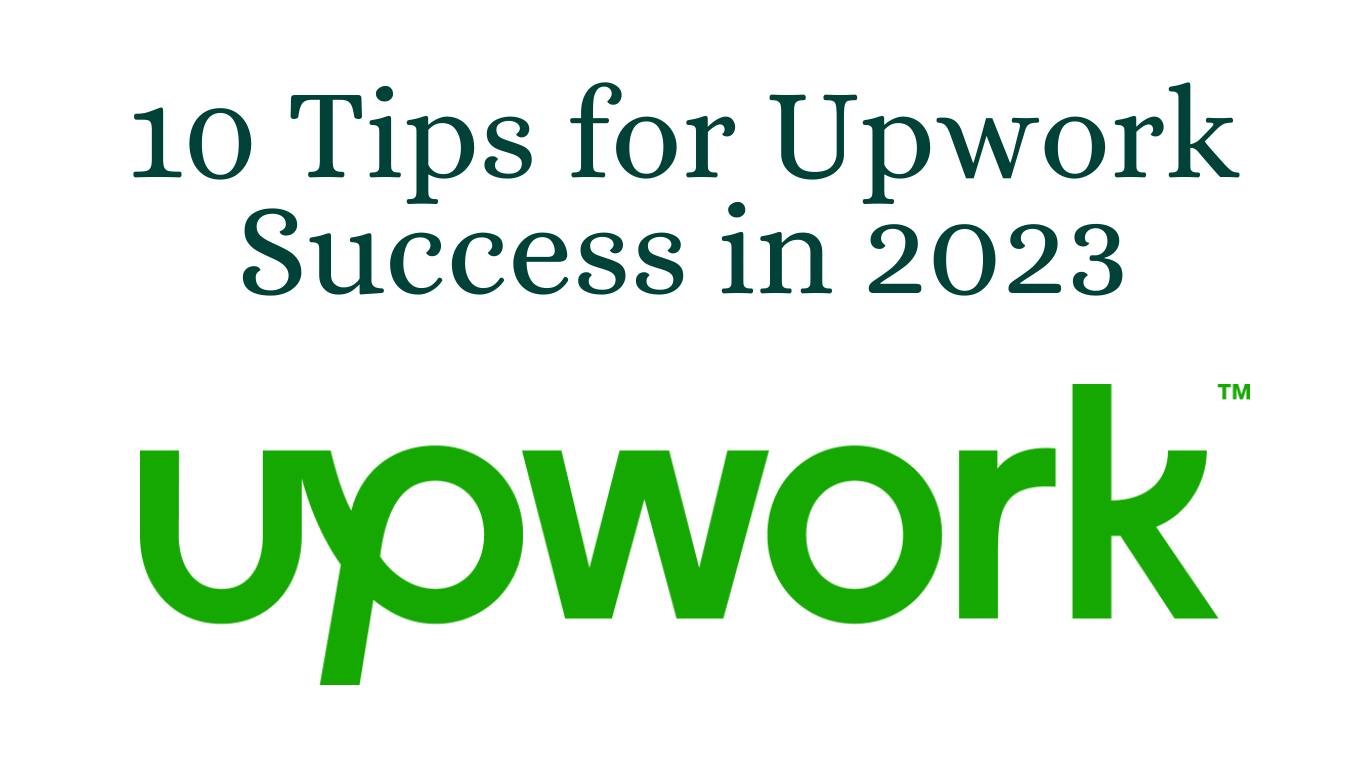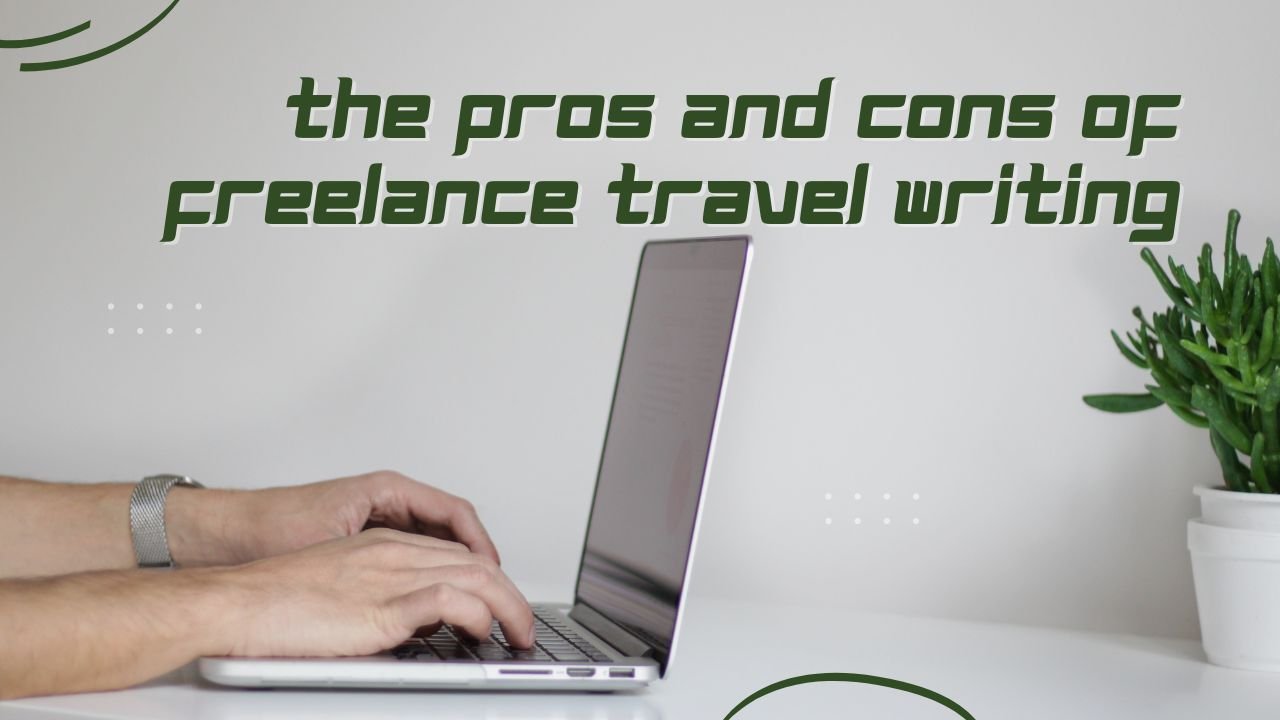Freelancing can be a lonely and isolated career, especially if you work from home or remotely. You may not have the same opportunities to interact with colleagues, clients, or mentors as you would in a traditional job. However, networking and building connections are essential for freelancers who want to grow their business, find new clients, learn new skills, and stay motivated.
Networking is the process of establishing and maintaining relationships with people who can help you achieve your professional or personal goals. It can also involve sharing information, ideas, resources, or referrals. Networking can help you:
- Increase your visibility and reputation in your niche or industry
- Discover new opportunities and projects that match your skills and interests
- Learn from other freelancers or experts who have more experience or knowledge than you
- Get feedback, advice, or support from your peers or mentors
- Find potential partners, collaborators, or subcontractors for your projects
- Create a sense of community and belonging among like-minded professionals
But how do you network and build connections as a freelancer? Where do you find the right people to connect with? How do you approach them and maintain the relationship? Here are some tips and strategies that can help you network and build connections effectively as a freelancer.
1. Start with your existing network
The easiest way to start networking as a freelancer is to tap into your existing network of contacts. These are the people who already know you, trust you, and value your work. They can include:
- Your friends and family members
- Your past and current clients
- Your former colleagues or employers
- Your alumni or classmates
- Your professional associations or memberships
You can reach out to these contacts and let them know that you are freelancing and what kind of services you offer. You can also ask them for referrals, testimonials, or feedback. You can use various channels to communicate with them, such as email, phone, social media, or face-to-face meetings.
2. Connect with other freelancers
Another great way to network as a freelancer is to connect with other freelancers who work in the same or related fields as you. They can be your source of inspiration, information, collaboration, or support. They can also introduce you to new clients, opportunities, or resources.
You can connect with other freelancers by:
- Joining online platforms or websites that cater to freelancers, such as FlexJobs, Upwork, Work For Impact, or FreelancerMap
- Participating in online forums, groups, or communities where freelancers share their experiences, tips, or questions
- Attending local events, workshops, or meetups that are relevant to your niche or industry
- Lending a helping hand to other freelancers who need your expertise or advice
- Collaborating with other freelancers on projects that require multiple skills or perspectives
3. Contribute to freelance content
Another effective way to network as a freelancer is to contribute to freelance content that showcases your skills, knowledge, or opinions. This can help you establish your authority and credibility in your field and attract potential clients or partners.
You can contribute to freelance content by:
- Writing blog posts, articles, ebooks, or newsletters that provide valuable information or insights to your target audience
- Creating podcasts, videos, webinars, or courses that teach your skills or share your experiences as a freelancer
- Guest posting on popular blogs, websites, or publications that reach your niche or industry
- Commenting on other freelance content that interests you or relates to your work
- Sharing your freelance content on social media platforms like LinkedIn, Twitter, Facebook, Instagram, etc.
4. Attend professional events
Another powerful way to network as a freelancer is to attend professional events that are relevant to your niche or industry. These events can help you meet new people who share your interests, goals, or challenges. They can also help you learn new trends, best practices, or opportunities in your field.
You can attend professional events by:
- Researching online for upcoming events that suit your needs and preferences
- Registering for events that offer value for your time and money
- Preparing yourself for the event by setting your goals, researching the speakers or attendees, and preparing your elevator pitch
- Making a good impression at the event by dressing appropriately, being friendly and confident, and exchanging business cards
- Following up after the event by sending thank-you notes, connecting on social media, or scheduling a meeting
5. Learn to say no
One of the most important skills that freelancers need to learn is how to say no. Saying no can help you avoid wasting your time, energy, or resources on networking opportunities that are not beneficial for you. It can also help you respect your boundaries, prioritize your tasks, and focus on your goals.
To learn to say no, you need to:
- Know your limits and capacity
- Evaluate each networking opportunity and weigh the pros and cons
- Be polite and professional when declining an offer or request
- Provide a valid reason or alternative solution
- Don’t feel guilty or apologize for saying no
The Rise of Remote Work: How Freelancing is Changing the Job Market
Conclusion
Networking and building connections are essential for freelancers who want to succeed in their work and personal life. By following these tips and strategies, you can network and build connections effectively as a freelancer and enjoy the benefits of freelancing.




